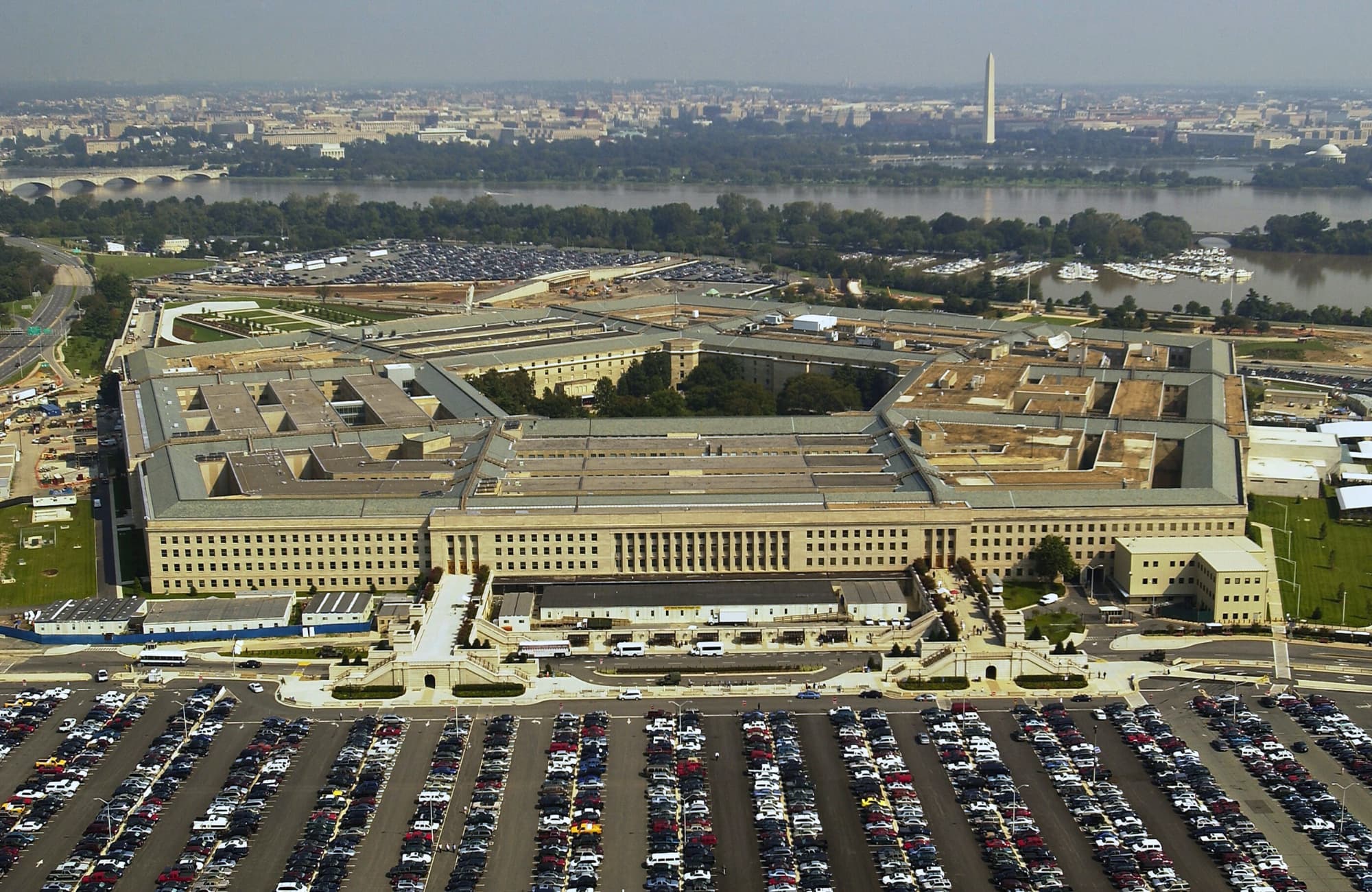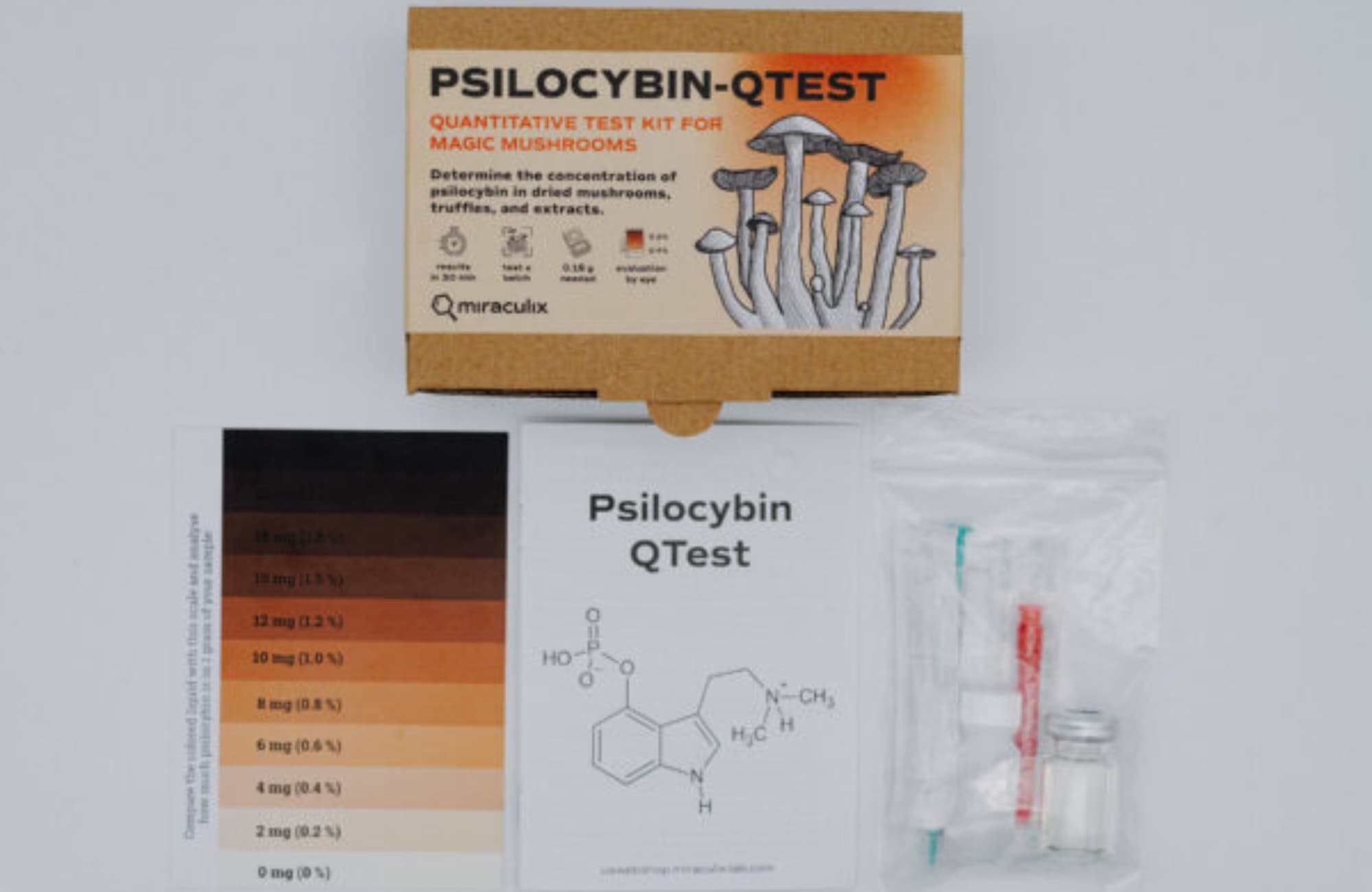Pentagon Adds Psilocin to the Drug Testing Panel
Starting October 1, 2025, the Department of Defense will begin military psilocin testing as part of its expanded Drug Demand Reduction Program. A recent memo confirms that service members’ samples will now be screened for psilocin, the metabolite of psilocybin mushrooms. Officials argue that psychedelic use poses risks to security, readiness and discipline, placing psilocin alongside cannabis, cocaine, MDMA, and hemp-derived cannabinoids in the zero-tolerance policy. Testing will initially focus on collections made under probable cause, consent, or commander-directed inspections.
Why the Military Is Targeting Psilocin Now
The Pentagon describes psilocin as part of emerging drug threats that undermine military fitness and good order. By adding it to the Department of Defense drug panel, leaders aim to deter use among active-duty service members. The move reflects growing concerns that psychedelics, once fringe, are becoming more accessible and could challenge existing standards for force readiness.
Psilocin Testing vs. Psychedelic Therapy Research
This crackdown creates a sharp contrast with parallel developments in the veteran and medical community. While troops face new punishments for psilocybin mushrooms, psychedelic therapy pilot programs are gaining momentum:
- VA Psychedelic Research: In 2024, the Department of Veterans Affairs funded its first psychedelic-assisted therapy study in decades, exploring MDMA for PTSD and alcohol use disorder.
- Veterans Psychedelic Therapy: Retreat studies with psilocybin and ayahuasca show improvements in PTSD, depression, and reintegration into civilian life.
- Clinical Trials: At Walter Reed and Emory, soldiers are participating in MDMA trials, while smaller studies test psilocybin therapy for veterans with PTSD.
The Psychedelic Paradox
This creates a striking paradox: the Pentagon enforces psilocin drug tests under a zero-tolerance policy, even as other arms of government invest in psychedelic research for PTSD. For many service members, the same compound that could trigger punishment in uniform is also being studied as a potential breakthrough treatment once they leave the ranks.



